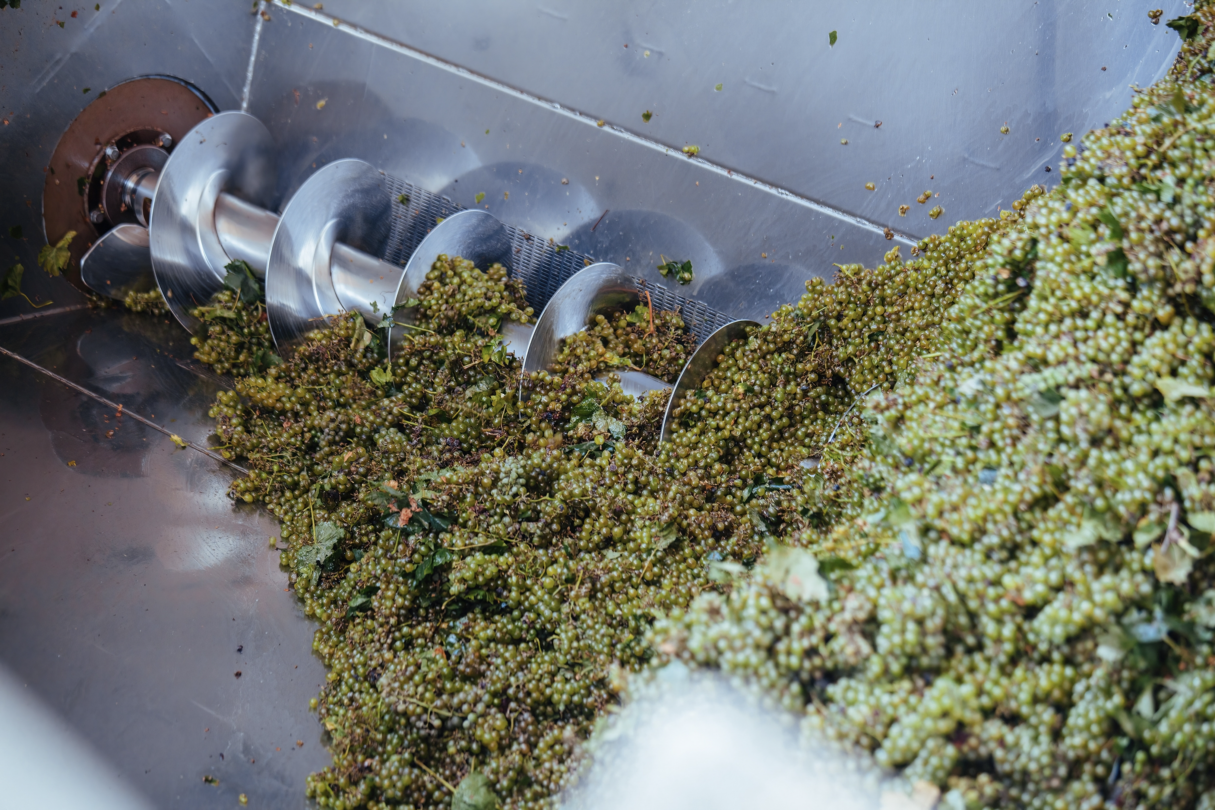
When considering ways to improve and secure operational excellence, organizations frequently overlook one key area: reliability and maintenance. In the struggle to define new ways to improve operations, it is easy to forget that even the most perfectly refined process will be sub-optimal if the underlying assets are not achieving peak performance. Even worse, if assets fail, even the best operations are useless while plant personnel scramble to get equipment running again.
But not every organization has overlooked the importance of reliability. In his recent article in Plant Engineering magazine, Emerson’s Tom Francisco shares the story of E. & J. Gallo Winery, and its World Class Maintenance initiative. Gallo has not only embraced a Boundless Automation™ vision for connected maintenance and reliability solutions to improve performance across their enterprise, but they’ve done it with a strategy that anyone can follow to improve their own business as well.
Bringing distant data together
Gallo’s facilities are physically distant, and many of their assets are quite large. That means that physical maintenance rounds, a staple of traditional maintenance and reliability programs, were inefficient and ineffective at meeting the company’s goals of performing in the top 25% of its industry. However, assets still needed monitoring, so the team found a way to do it while simultaneously freeing up reliability personnel for more valuable tasks with wireless condition monitoring and edge analytics provided via Emerson’s AMS Wireless Vibration Monitor and AMS Asset Monitor.
“The team is reducing its dependence on walkarounds and handheld monitors by installing edge analytics devices and wireless vibration monitors on rotating equipment throughout the facility. Edge analytics devices are installed on essential assets in the plant to provide actionable information right at the source. Balance-of-plant assets are candidates for the wireless vibration monitors.”
Considering criticality
One essential area of focus for Gallo was the company’s crushing operations. During the busy season, crushing equipment was high criticality—every machine was essential to keep up with demand. Traditionally, the reliability team would overhaul every machine whether it needed maintenance or not, just to be sure there would be no problems. That solution worked, but it was costly and time consuming. Instrumenting assets with continuous wireless condition monitoring empowered the reliability team to track and trend performance of assets—even hard to access ones—across the entire year. Not only could they more easily identify which assets needed maintenance, but they could do it earlier, on their own schedule.
Big wins build momentum
The Gallo team, like many, did not have the authorization to overhaul their entire reliability program overnight. The team needed to start small and show success to help them build the support they needed for future projects. As the team accrued successes, including a big win with a problematic turret bearing, they shared them with management to highlight the benefits of their World Class Maintenance initiative.
“Upon completion of the repair, the team immediately created a report and showed the value of the save to senior management, who quickly saw the benefit of the program and have since been among its most ardent supporters. Gallo’s maintenance team continues to report its wins, including ones that are not as obvious, such as a more right-sized parts inventory and more accurate kitting, the latter helping crews better prepare for repairs and turnarounds.”
Reliability leads the way
At the heart of Gallo’s success is the maintenance and reliability team’s insistence that reliability is central to optimal performance and operational excellence. Reliability is not considered an afterthought, but a critical enabler of success. That outlook has made Gallo’s operations safer, more sustainable, and more efficient. It has also made Gallo more competitive, and helped the company achieve its goal of increasing its reputation as an industry leader.
Tom goes into more detail, including additional specific examples in the full article at Plant Engineering.

